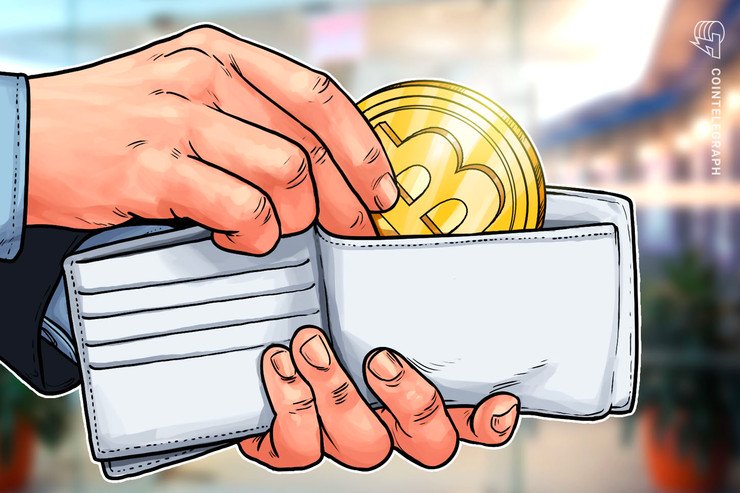The leading provider of Bitcoin (BTC) and cryptocurrency payment services, BitPay, announced on Feb. 4 that the company will soon allow invoices to be paid from any Bitcoin wallet or exchange.
BitPay CEO Stephen Pair told CryptoX that the decision to enable merchant payments from any Bitcoin wallet was driven by merchant feedback, putting control back in the hands of over 30 thousand active merchants currently using BitPay:
“BitPay’s customers want to support all the Bitcoin wallets, just like they want to support all cryptocurrencies for payments. The company has decided to re-enable support for all wallets, which is referred to as plain vanilla peer-to-peer transactions.”
Pair mentioned that a phased rollout to support all Bitcoin wallets has already begun. Once the feature has been implemented, merchants will be able to decide which wallets they will accept payments from, while consumers would be able to use any wallet to make purchases from those merchants.
Pair also noted that merchants can take advantage of peer-to-peer transactions without any required technical development or implementation, explaining:
“We are going to automate the whole process for merchants, since we already have experience doing this already. It’s very important for merchants to support all Bitcoin wallets, as this will greatly expand their potential to grow sales and acquire new customers.”
What about BitPay’s BIP70 payment protocol?
The decision to restore service to all Bitcoin wallets comes after BitPay’s rocky path towards success.
When the price of Bitcoin was inching towards its all time high in 2017, Pair explained that BitPay was experiencing delays with almost 9% of customer payments. He noted that a number of customer support issues were being reported at this time, pushing the company to implement the payment protocol known as “BIP70.” He said:
“At times, Bitcoin has been a victim of its own success. As adoption exploded in 2017 and 2018, network congestion and high transaction fees brought with them some tough decisions, like the one to implement Payment Protocol for all Bitcoin payments.”
While BIP70 helped eliminate network congestion, it also limited users to certain Bitcoin, Bitcoin Cash (BCH) and Ether (ETH) wallets. According to a 2018 Reddit post, BitPay users complained that payments could not be made using some of the most popular wallets like Coinbase and Bitcoin Wallet.
JSON protocol will stay
As BitPay begins to add support for all Bitcoin wallets, Pair mentioned that the platform will continue to use the JSON payment protocol, “as we have many wallets in the pipeline looking to support that.”
Pair explained that BitPay implemented its JSON payment protocol in February 2018 (in addition to BIP70) as a result of customer support issues. The JSON payment protocol helped reduce BitPay’s error rates to nearly zero percent at the time.
The dollar volume lost to cryptocurrency payment errors dropped dramatically from over 8% (in December 2017) to well under 1% of BitPay’s total dollar volume processed.
A company blog post announcing the JSON payment protocol explained that the interface provides for direct communication between a wallet and BitPay’s servers, noting:
“If a wallet submits an incorrect payment to BitPay, BitPay’s servers will reject the transaction. This prevents any transactions which will result in a failed payment from reaching the Bitcoin blockchain and costing users unnecessary miner fees. We expect that this change will allow us to reduce payment errors to zero.”
As for wallets that conduct normal Bitcoin or Bitcoin Cash transactions, Pair noted that BitPay expects to see fewer payment errors and exceptions moving forward:
“Merchants have increased opportunities for sales from millions of global wallet holders that have not implemented the payment protocol and consumers have more places to make purchases. As a result, mainstream adoption for Bitcoin and cryptocurrency is on the horizon.”




